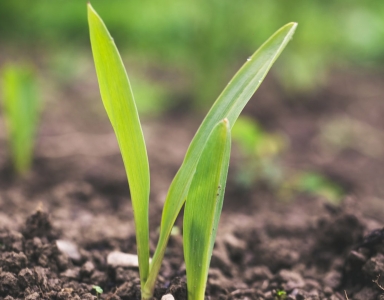Bio-Based Industries Joint Undertaking | BBI JU 2019
What does the BBI JU grant programme represent?
The Bio-Based Industries Joint Undertaking (BBI JU) represents a European funding opportunity for basically every organization in order to provide innovation and market uptake acceleration of bio-based products. With this grant programme, Europe should be able to position itself as a world-leading competitive bio-based economy. Biological (renewable) resources form the basis for the materials produced (e.g. advanced biofuels and chemical building blocks). This represents the main pillar of the BBI JU programme 2019.
Scope of BBI JU 2019
Every organisation performing scientific research or with the focus on technical development and innovation regarding the scope of the programme is eligible for BBI JU 2019 proposal submission. Participation is possible for SMEs, universities, research institutes and multinationals.
The BBI JU, with an indicative budget of € 135 million for 2019, has a scope which comprises four orientation themes as outlined below:
- Foster the supply of sustainable biomass feedstock to feed both existing and new value chains;
- Optimise efficient processing for integrated biorefineries through research, development and innovation;
- Develop innovative bio-based products for identified market applications;
- Create and accelerate the market-uptake of bio-based products and applications.
These four strategies represent the aim of the bio-based industry in Europe and are the foundation of the topics (or sub orientations) presented in the BBI JU 2019 work plan.
A closer look at the BBI JU call topics
All topics contain specific criteria related to their respective strategic orientations, along with their expected impacts. These can be used in order to see if your company matches a certain field of interest:
Supplying the biomass feedstock
Everything surrounding agricultural (and marine) feedstock is related to this orientation. In this field of interest you can think of animal residues, new plant species, agro-food residues, lignin, new biomass genotypes. Waste stream reduction and CO2 conversion are also included. All should be beneficial to biomaterial production or efficiency. Impact has to be on rural development, e.g. higher income and employment, along with lower environmental impacts.
Process optimisation
Improvement of feedstock processes to the eventual chemicals and materials formed via a bio-based route. Impact should concern milder process conditions and higher product yields in order to decrease the environmental impact.
Innovative bio-based products
Bio-based materials for high-volume consumer products is the challenge in this topic. A lower environmental footprint as compared to their fossil-based plastic counterparts should be achieved. Bio-based products should perform at least as good as the existing alternatives in this topic.
Market uptake of bio-based products
In this topic societal concerns on bio-based products should be addressed. Bio-based application acceptance and support is the expected impact here.
Extensive experience by Hezelburcht
Hezelburcht has extensive experience in supporting Horizon 2020 applications. This includes setting up grant projects, building consortia and writing and submitting the final applications. Because of their high-quality backgrounds in relevant fields such as Chemistry and Bio-based Economy, Life Sciences & Health, Physics and (Chemical) Engineering, our specialists are able to support applications for all calls within the BBI JU programme.


